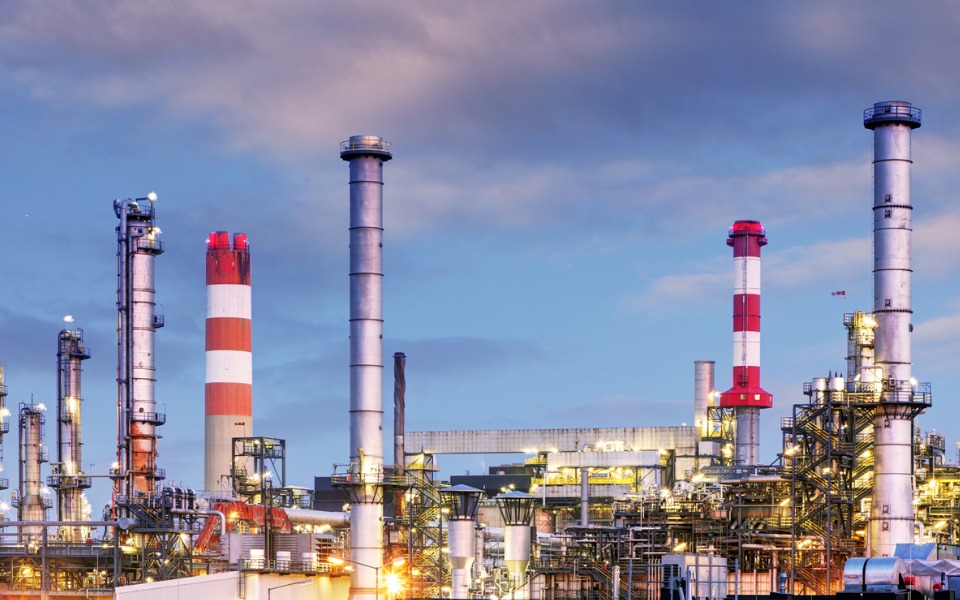
Give trial week, follow SOPs: Govt’s directive on industries reopening
The National Disaster Management Authority (NDMA) has issued detailed guidelines for restarting industries after amid the lockdown and the precautions to be taken for the safety of the plants as well as the workers.

The National Disaster Management Authority (NDMA) has issued detailed guidelines for restarting industries after amid the lockdown and the precautions to be taken for the safety of the plants as well as the workers.
The guidelines assume significance in the wake of the May 7 gas leak at LG Polymers plant in Visakhapatnam which killed 11 people. The accident happened when the workers were preparing to restart the plant after the lockdown.
In a communication to all Chief Secretaries and Administrators of Union territories, NMDA Member Secretary G.V.V. Sarma said all field functionaries should be directed to ensure strict compliance.
The guidelines said due to several weeks of lockdown and the closure of industrial units, it is possible that some of the operators might not have followed the established standard operating procedures.
As a result, some of the manufacturing facilities, pipelines, valves may have residual chemicals, which may pose risk. The same is true for the storage facilities with hazardous chemicals and flammable materials, it said.
Related news:
The NDMA guidelines said while restarting a unit, the first week should be considered as the trial or test run period after ensuring all safety protocols.
Companies should not try to achieve high production targets. There should be 24-hour sanitisation of the factory premises, it said.
The factories need to maintain a sanitisation routine every two-three hours especially in the common areas that include lunch rooms and common tables which will have to be wiped clean with disinfectants after every single use, it added.
For accommodation, the NDMA said, sanitisation needs to be performed regularly to ensure worker safety and reduce the spread of contamination.
To minimise the risk, it is important that employees who work on specific equipment are sensitised and made aware of the need to identify abnormalities like strange sounds or smell, exposed wires, vibrations, leaks, smoke, abnormal wobbling, irregular grinding or other potentially hazardous signs which indicate the need for immediate maintenance or if required shutdown, it said.
(With inputs from agencies)


